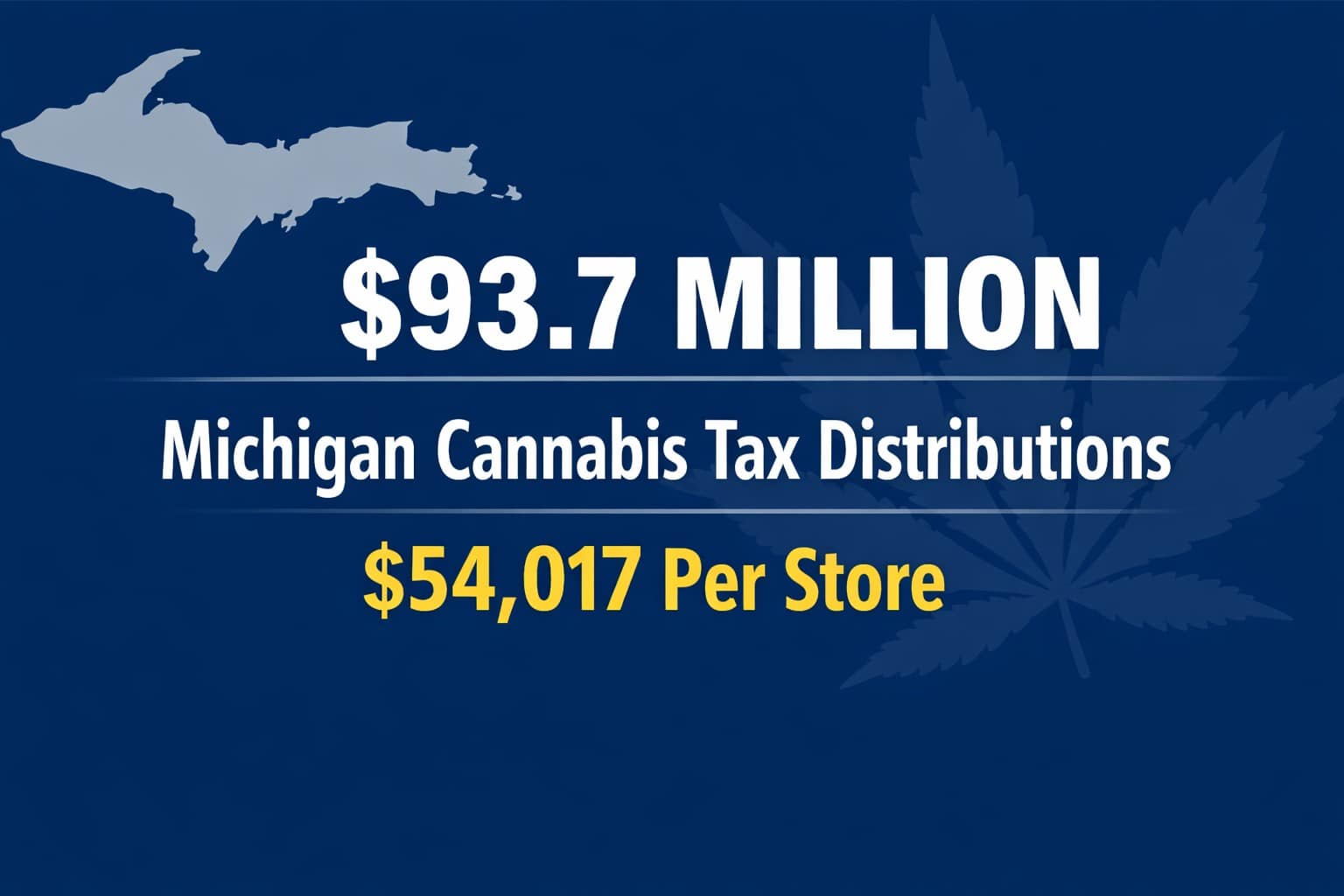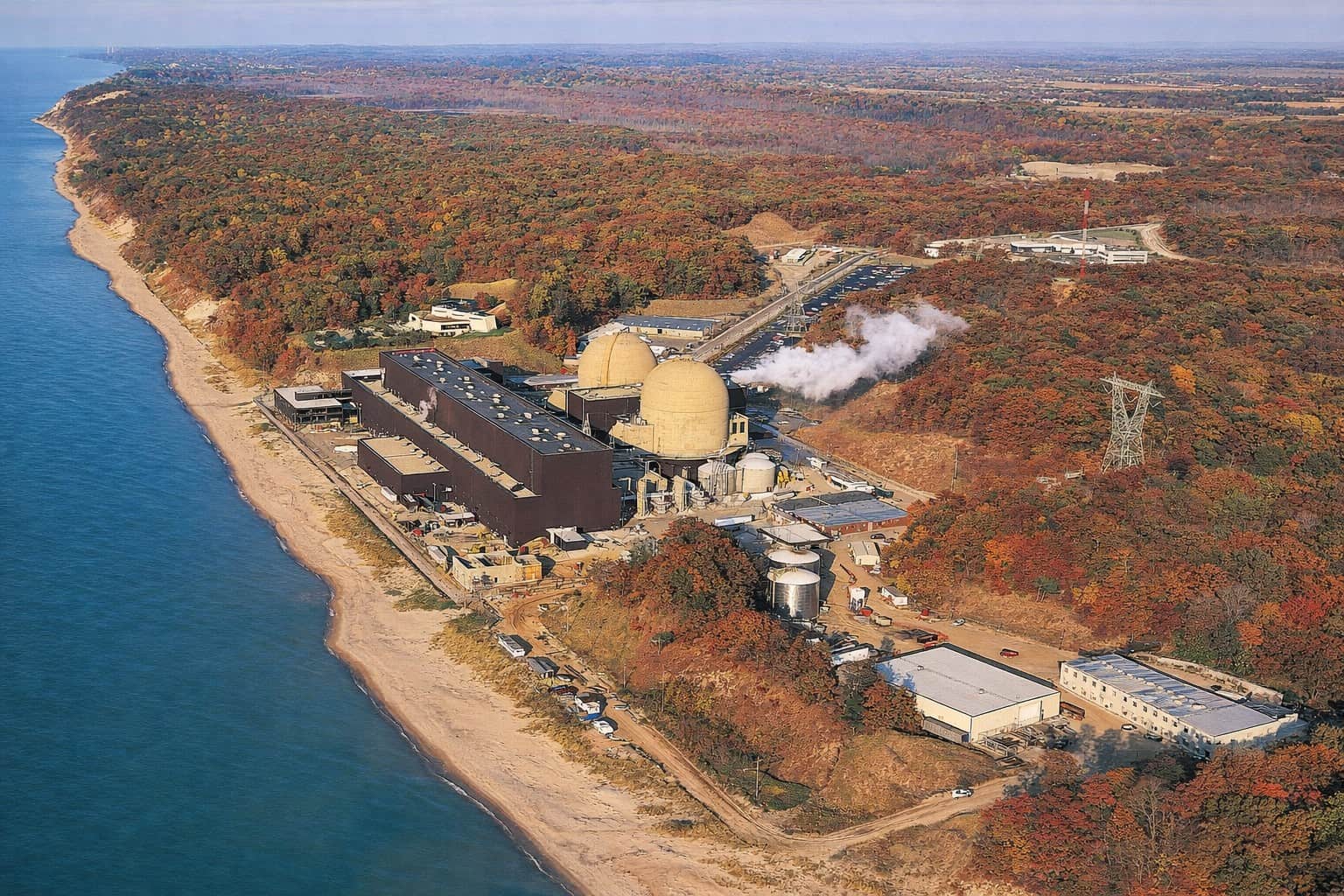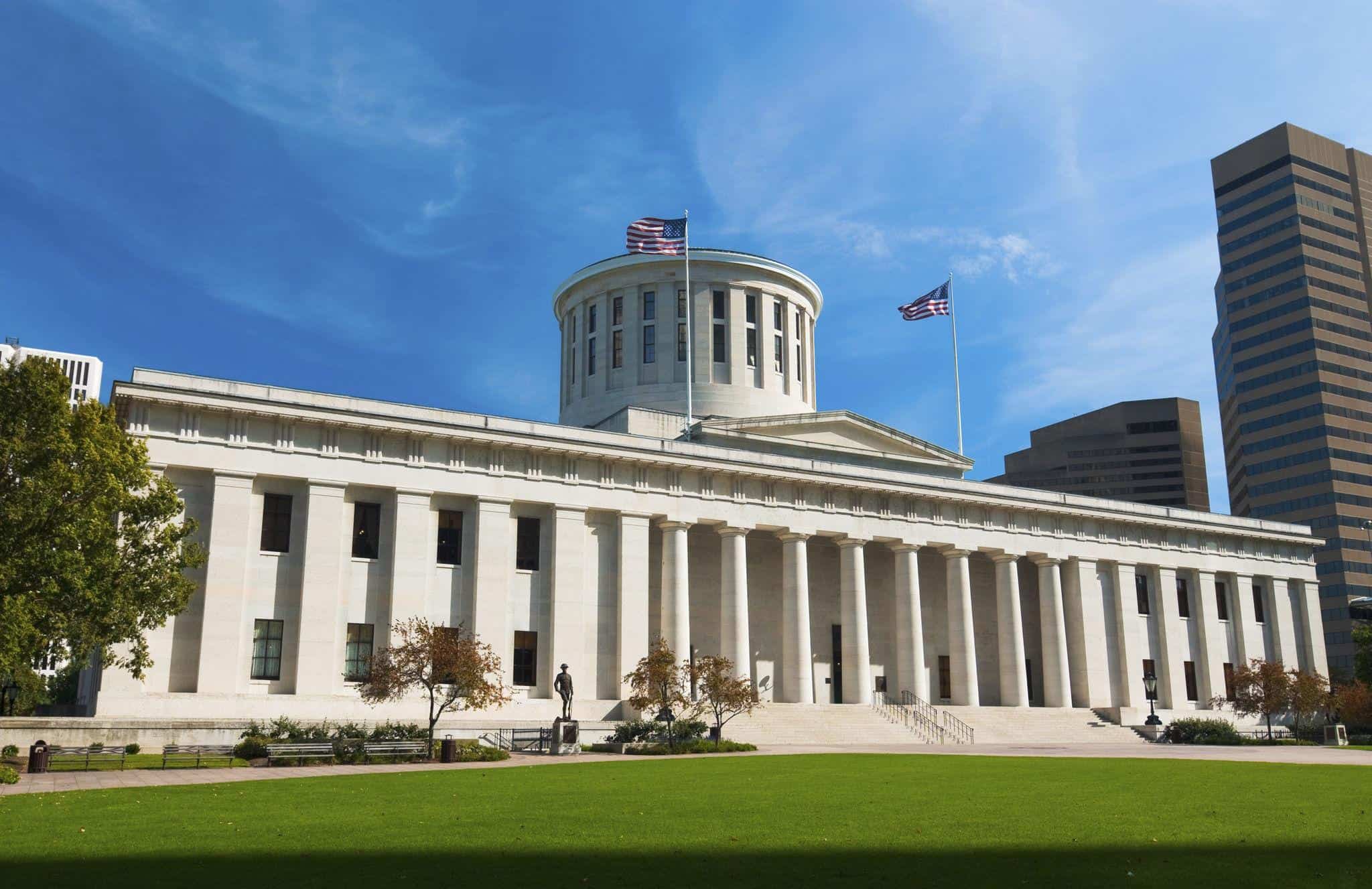LANSING – The Michigan Public Service Commission approved a $113,788,000 rate increase for DTE Gas Co., a 57% reduction from the amount the utility sought.
DTE Gas filed a request in January 2024 to raise rates by $266 million, with $106 million already reflected in rates from a previously approved infrastructure surcharge, for a net increase of $160 million. The company said the increase would primarily fund continued infrastructure investment in and modernization of its natural gas transmission and distribution system as well as increasing operations and maintenance costs.
A typical residential customer using 100 ccf (hundred cubic feet) of natural gas per month will see an increase of $1.98, or 2.28%, in their monthly bill. In addition, due to the approved Infrastructure Recovery Mechanism (IRM) surcharge, customers will see an increase of 66 cents, or a 0.74%, starting Nov. 21, 2024. The IRM surcharge will increase annually until 2029, resulting in an additional increase of $6.28, or 7.04%, by Jan. 1, 2029, over the initial rate and IRM approval. DTE Gas serves about 1.3 million customers across both Michigan peninsulas.
The Commission approved a lower authorized rate of return on common equity of 9.8%, down from the prior approved 9.9%, and a capital structure of 50% equity and 50% debt.
In today’s order, the Commission:
- Provided a comprehensive summary of decisions on the company’s IRM, which is a method of recovery, through a billing surcharge, of predetermined incremental capital expenditures for specific long-term infrastructure projects to improve safety and reliability. IRM investments focus on replacing aging pipelines to improve safety, reliability and the integrity of the utility’s gas distribution system, replacement of residential gas meters, meter assembly check, and pipeline integrity. The Commission sought to balance the growing costs of the IRM and the importance of the projects surrounding safety and reliability.
- Approved DTE Gas’s proposed sales forecast for the two-year period of August 2021 through August 2023 and approved projected test year gas sales of 159.1 billion cubic feet. The Commission directed the company to include forecast yearly sales for each major customer class for the 10-year gas delivery planning horizon as well as the amount of throughput expected on a peak demand day for each year of the forecast.
- Approved an increase in DTE Gas’ Low-Income Assistance credit to $40 per month, from $30, while the MPSC’s Energy Affordability and Accessibility Collaborative continued to evaluate the energy assistance programs.
- Directed DTE Gas to file an updated gas delivery plan and to include considerations for state and local energy policies which will have impacts on the future of the natural gas system. The updated gas delivery plan will show how the company considers various energy transition pathways, the associated costs and risks, how the company plans to achieve emission reductions as part of its corporate goals and the State’s emissions reduction goals, and a timeline for achieving goals and interim goals. The updated gas delivery plan should be filed to the instant case no later than December 31st, 2025.
Intervenors in the case were the City of Ann Arbor; Michigan Department of Attorney General; Billerud Americas Corp.; Sierra Club; Association of Businesses Advocating Tariff Equity; Dearborn Industrial Generation LLC; The Ecology Center; Union of Concerned Scientists; Environmental Law and Policy Center; Vote Solar; We Want Green Too; Soulardarity; Michigan Power LP; Retail Energy Supply Association; Natural Resources Defense Council; Michigan Environmental Council; Citizens Utility Board of Michigan; and the Urban Core Collective. MPSC Staff also participated.
DTE Gas’ most recent rate increase was authorized in December 2021, when the Commission approved a settlement agreement raising rates by $95 million.
Meanwhile, the Commission also approved DTE Gas’ application to continue amortization of some accounts and for revised depreciation rates for gas utility plant. The revised depreciation rates will be effective Nov. 21, 2024. DTE Gas must file its next depreciation study within 5 years. The Association of Businesses Advocating Tariff Equity and the City of Ann Arbor intervened in the case; MPSC Staff also participated.
COMMISSION ADVANCES IMPLEMENTATION OF UPDATED MICHIGAN ENERGY WASTE REDUCTION LAW
The Commission today approved several orders in its efforts to implement changes to Michigan’s energy waste reduction (EWR) laws enacted as part of the state’s 2023 energy law revamp, specifically Public Act 229 of 2023 and related definitions in Public Act 235 of 2023.
- The Commission directed MPSC Staff and the MPSC’s Energy Optimization Collaborative to establish the final format of the Michigan Energy Measures Database, including of efficient electrification measures. Case No. U-21567 deals with implementation requirements for Energy Optimization Plans, which include required EWR plans for electric and natural gas providers and optional efficient electrification plans by electric providers.
- In Case No. U-21670, the Commission assigned docket numbers and filing deadlines for EWR annual reports and reconciliations for Alpena Power Co.; Consumers Energy Co; DTE Electric Co. and DTE Gas Co.; Indiana Michigan Power Co.; Northern States Power Co.; Upper Peninsula Power Co.; Michigan Gas Utilities Corp.; and SEMCO Energy Inc. Meanwhile, in Case No. U-21679, the MPSC assigned docket numbers and filing deadlines for upcoming EWR plan filings for these utilities for calendar year 2025.
Utility EWR programs saved Michigan more than 1.75 million megawatt hours of electricity and nearly 7 million thousand cubic feet of natural gas not used in 2023, according to the MPSC’s 2023 Utility Energy Waste Reduction Programs Annual Report on the Implementation of Public Act 295.
Michigan’s electric and natural gas utilities spent more than $551 million on EWR programs in 2023, and that’s expected to result in savings of $1.4 billion over the 12-year lifecycle of EWR programs and measures. For every dollar spent on EWR programs in 2023, customers will see $2.54 of benefits, the report concludes.







